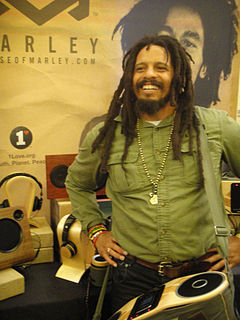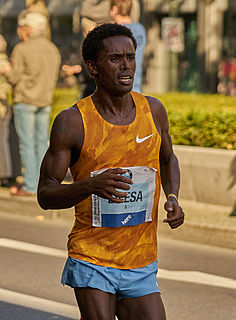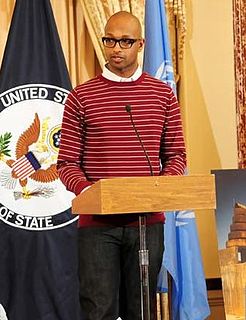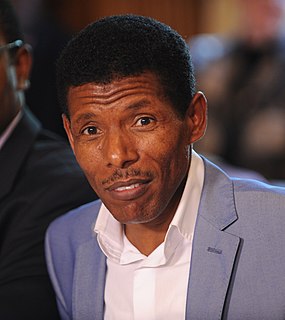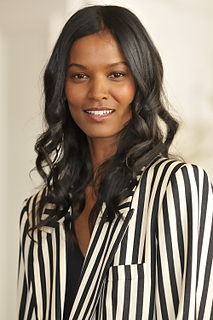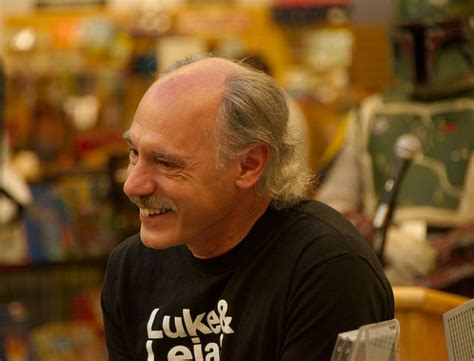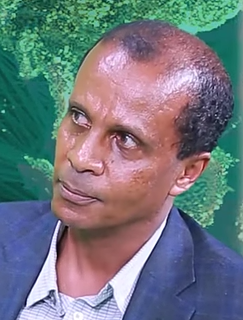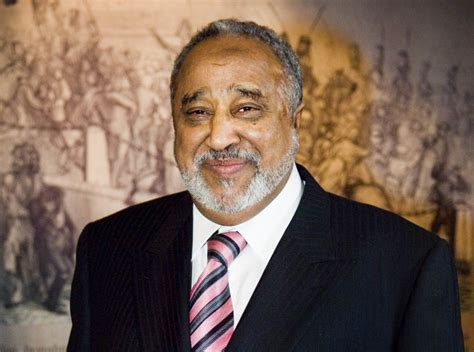A Quote by Rohan Marley
I spent time living in Ethiopia, learning about the cultural importance of coffee and its roots in Ethiopia.
Related Quotes
Soon after joining the Ministry of Health in Ethiopia, I was called upon as part of team to respond to a malaria outbreak. My team was dispatched to a village in southwestern Ethiopia, where I not only observed the malaria epidemic's shocking effects on adults and children but also experienced it first-hand.
As a prisoner of conscience committed to peaceful transition to democracy, I urge Europe to apply economic sanctions against Ethiopia. What short-term pain may result will be compensated by long-term gain. A pledge to re-engage energetically with a democratic Ethiopia would act as a catalyst for reform.
